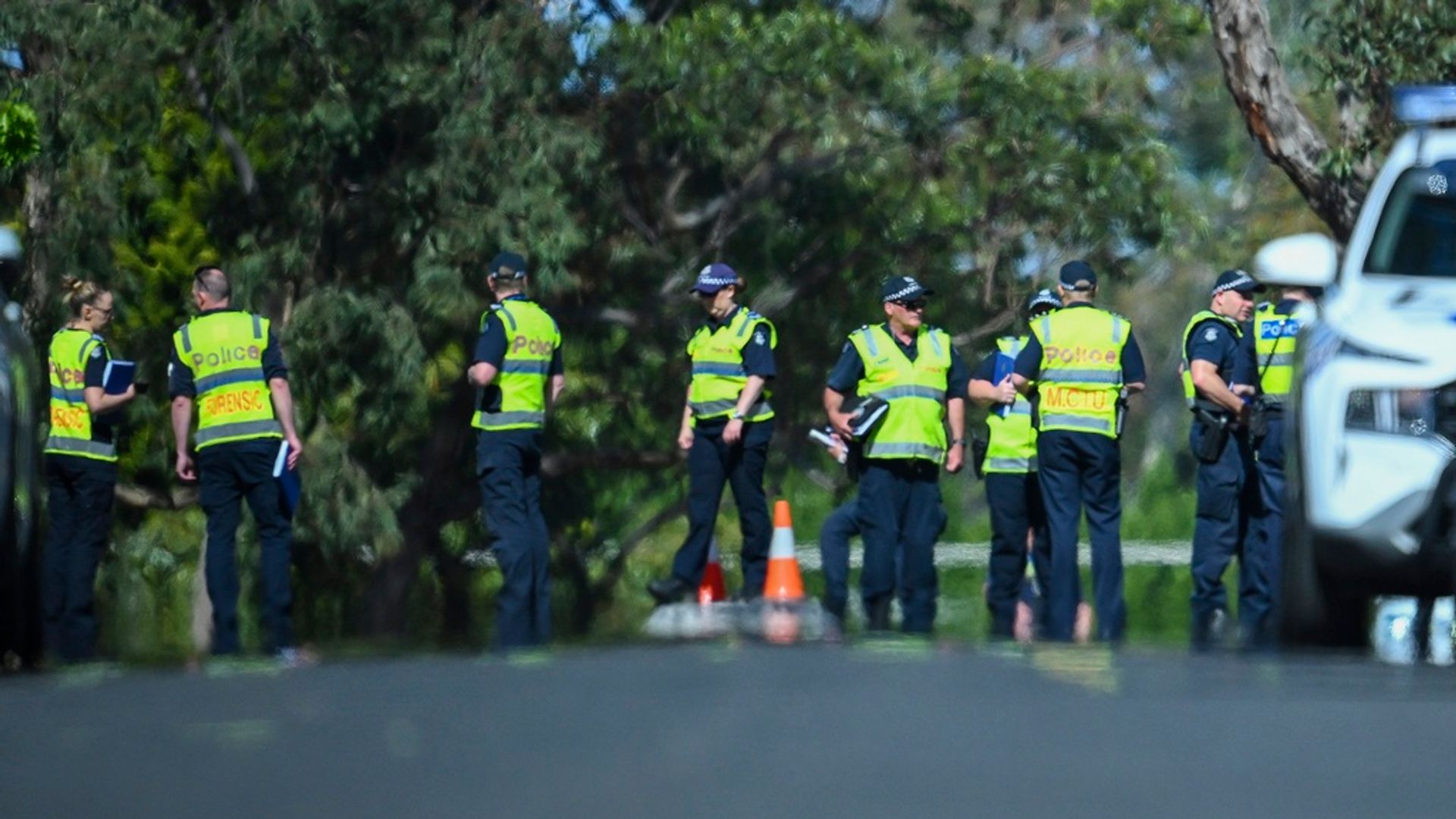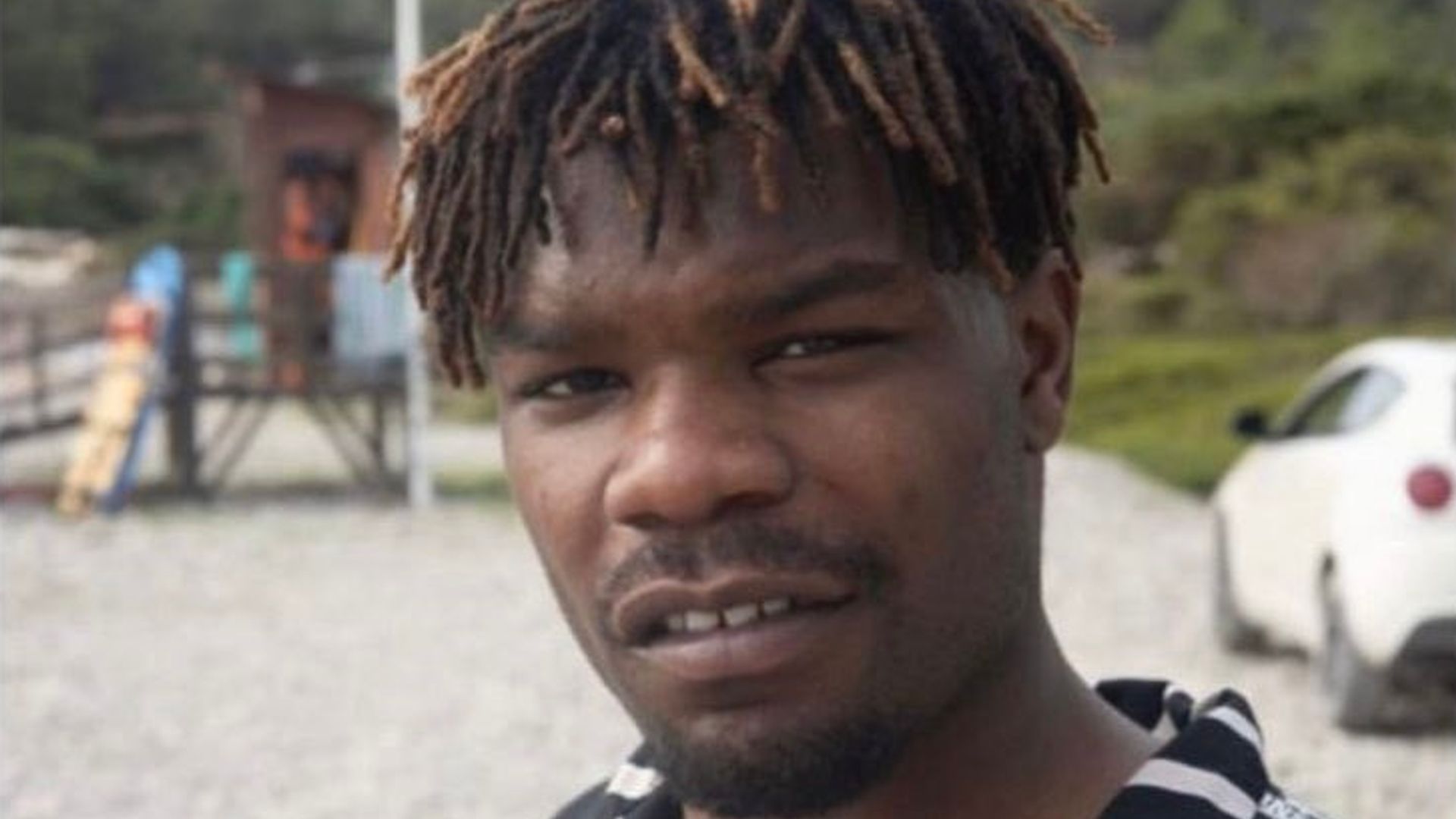Paving the way. LGBTQ+ athletes have been breaking down barriers and challenging prejudices for decades, but it wasn’t always easy.
Tennis player and LGBTQ+ rights advocate Billie Jean King won the famous “Battle of the Sexes” match against Bobby Riggs in 1973, more than 40 years before same-sex marriage became legal throughout the United States. During a 2007 interview with The Sunday Times, King said she once feared that acknowledging her sexuality could hurt her career.
“I wanted to tell the truth but my parents were homophobic and I was in the closet,” the Women’s Tennis Association founder revealed. “As well as that, I had people tell me that if I talked about what I was going through, it would be the end of the women’s tour. I couldn’t get a closet deep enough.”
In addition to prejudices regarding sexual orientation, gender identity discrimination has also been prevalent throughout sports history. During the Tokyo Olympics in 2021, transgender and intersex athletes competed for the first time in the Games’ history. In November of that same year, the International Olympic Committee got rid of policies that had previously required transgender and intersex athletes to undergo “medically unnecessary” procedures, including hormone level modifications.
“This Framework recognizes both the need to ensure that everyone, irrespective of their gender identity or sex variations, can practice sport in a safe, harassment-free environment that recognizes and respects their needs and identities,” a document released by the IOC read at the time.
LGBTQ+ athletes, including sprinter Chris Mosier, the first openly transgender athlete to compete on a U.S. national team, and Canadian soccer gold medalist Quinn, the first openly transgender athlete to participate in the Olympics, spoke out in support of the IOC’s announcement.
“Far too often, sport policy does not reflect the lived experience of marginalized athletes, and that’s especially true when it comes to transgender athletes and athletes with sex variations,” Quinn said in a statement. “This new IOC framework is groundbreaking in the way that it reflects what we know to be true — that athletes like me and my peers participate in sports without any inherent advantage, and that our humanity deserves to be respected.”
Despite the new framework on the international level, transgender athletes’ rights continue to be contested within the United States. Beginning in 2021, University of Pennsylvania student and swimmer Lia Thomas made headlines as a key figure in the ongoing public debate about transgender women in sports. In March 2022, Sports Illustrated declared her the most “controversial athlete in America.”
Amid criticism from public figures — including Florida governor Ron DeSantis — who called Thomas’ participation in the U.S. National Collegiate Athletic Association (NCAA) 500-yard freestyle “a fraud,” there has also been an outpouring of support for the college athlete.
In February 2022, the American Civil Liberties Union tweeted, “It’s not a women’s sport if it doesn’t include ALL women athletes. Lia Thomas belongs on the Penn swimming and diving team, and all trans athletes belong in their sports.”
Scroll through for a list of LGBTQ+ athletes who have made history over the years:









